PM Oli New Policies Nepal: 17 Bold Reforms for 2082/83
Prime Minister KP Sharma Oli highlights key policy shifts focused on development restructuring, youth employment, education reform, and health accessibility during his address to the House of Representatives.
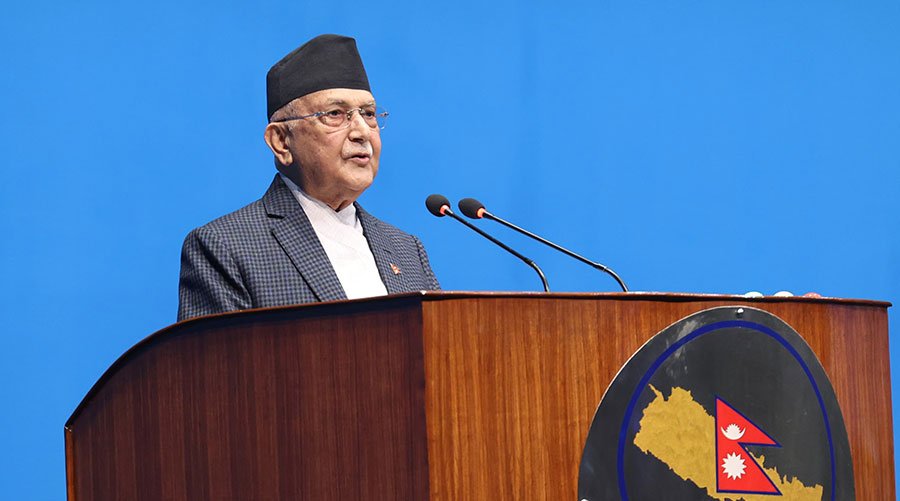
Prime Minister KP Sharma Oli addressing the Parliament session
Kathmandu — PM Oli new policies Nepal were presented in Parliament as the Prime Minister announced 17 reforms for the fiscal year 2082/83. The announcement marks a bold shift in development, governance, and service delivery. Oli said the government will replace the outdated “work in progress” mindset with clear, goal-oriented planning.
Major Focus of PM Oli’s 17 New Policies
PM Oli explained that past development practices were inefficient. Therefore, the government will introduce a new framework. Under the 17 reforms, it will:
-
Reorganize national infrastructure projects based on relevance and feasibility.
-
Review and classify national pride projects to finish them on time.
-
Develop business plans for new proposals that balance financial viability with public interest.
-
Reconstruct the Prime Minister’s Agriculture Modernization Project into a full ecosystem, including land banks, subsidies, crop insurance, market access, and storage facilities.
Moreover, the government will prioritize six sectors: agriculture, forestry, IT, tourism, energy, industry, and infrastructure.
Education, Employment, and Health Reforms
The PM Oli new policies Nepal also address education and jobs. The reforms will:
-
Introduce paid internships across different levels of government.
-
Launch a “work while you learn” policy that allows students to work up to 20 hours a week.
-
Create a new educational roadmap that improves quality and connects technical and vocational training to job opportunities.
In addition, the health sector will see major changes. The government plans to:
-
Expand online services in all public hospitals.
-
Merge subsidies under a single health insurance program.
-
Build a healthcare model based on population size, geography, and disease burden.
Digital Governance and Service Delivery
To promote digital transformation, the government will remove unnecessary structures and expand online services. As a result, the Nagarik App will become the main platform for delivering public services.
Oli emphasized that these policies come from expert recommendations, including reports from the High-Level Economic Reform Commission. He expressed confidence that the reforms will improve governance and service delivery.
The unveiling of the PM Oli new policies Nepal signals a turning point. With strong planning and digital tools, Nepal could see faster development in education, health, and public services. However, much will depend on how effectively the government implements these reforms.

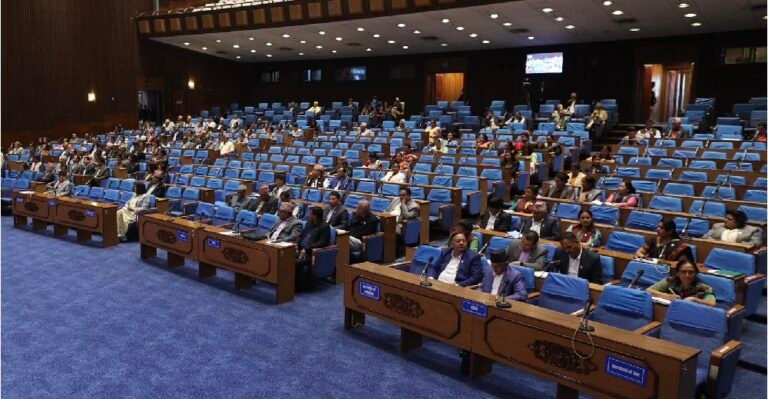
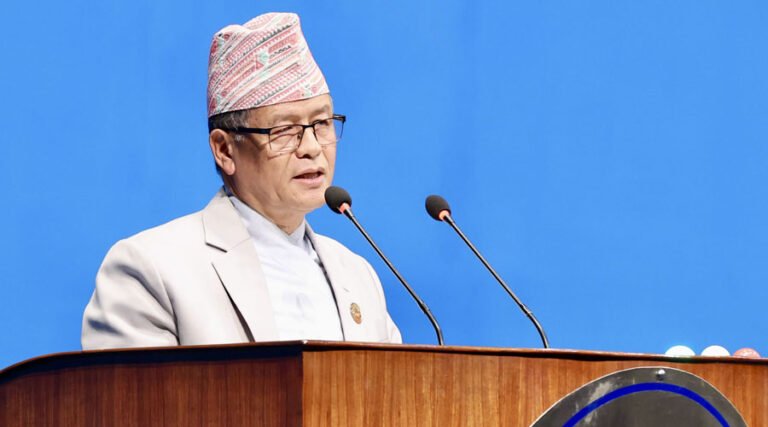
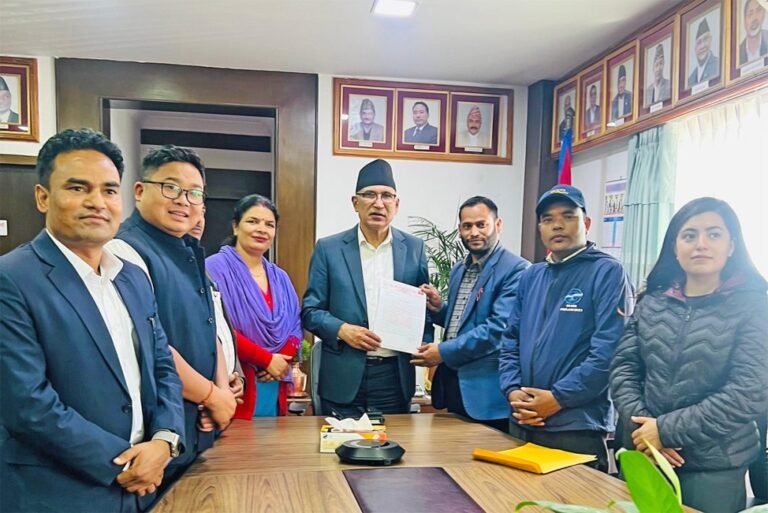
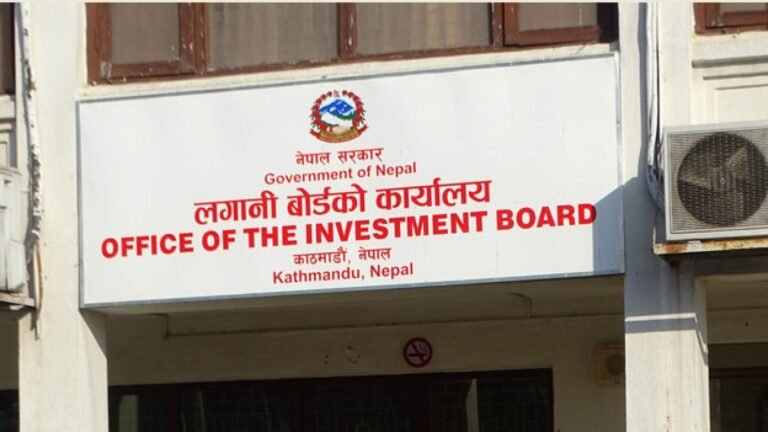
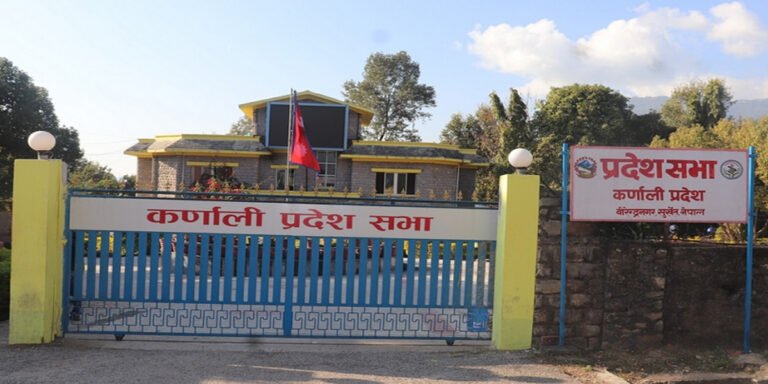
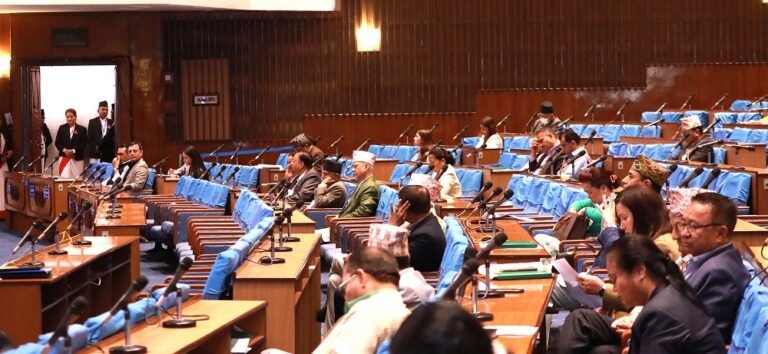
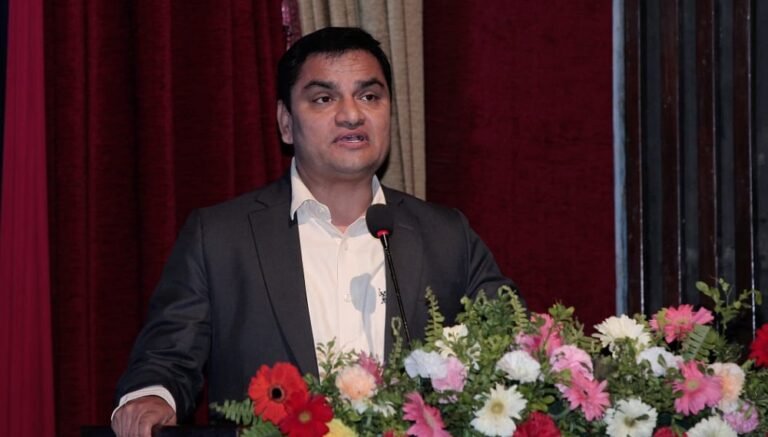

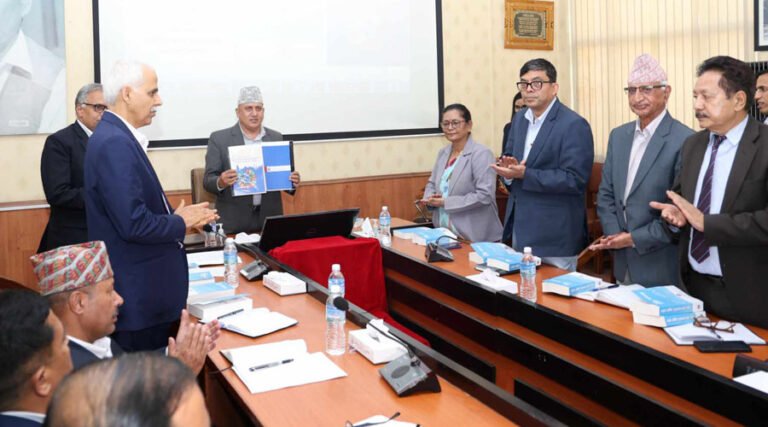
Please login to leave a comment.
Login to Comment